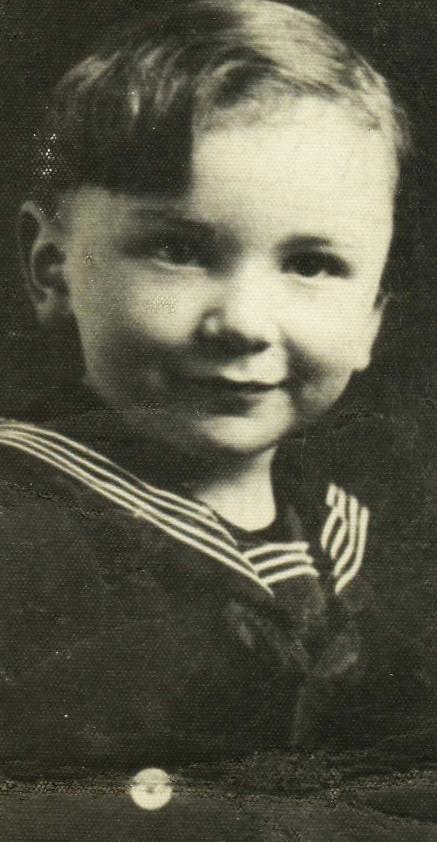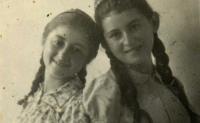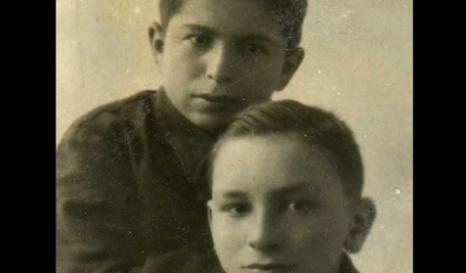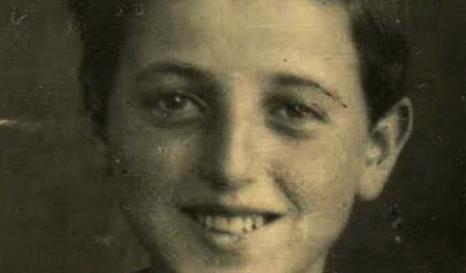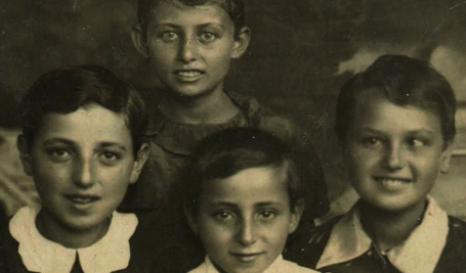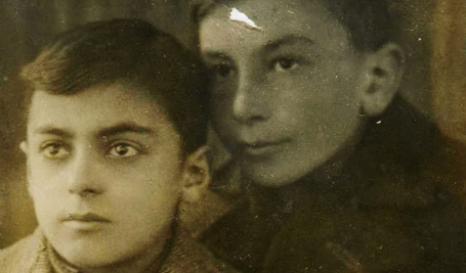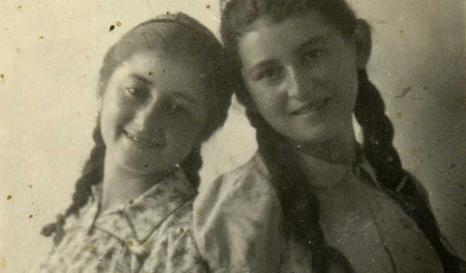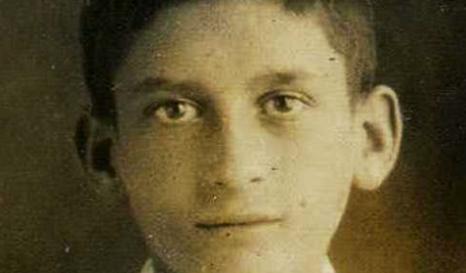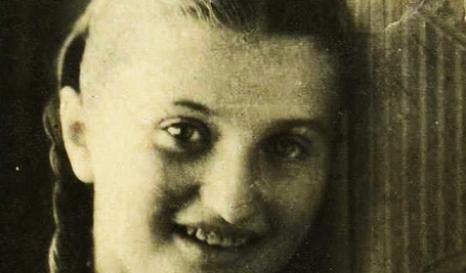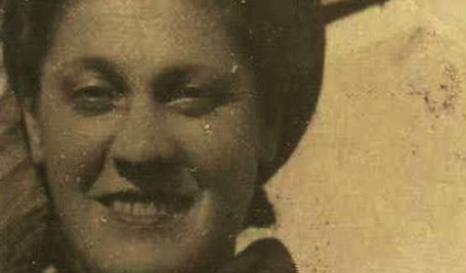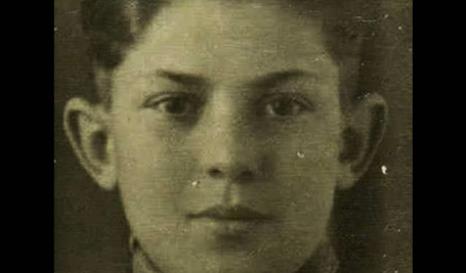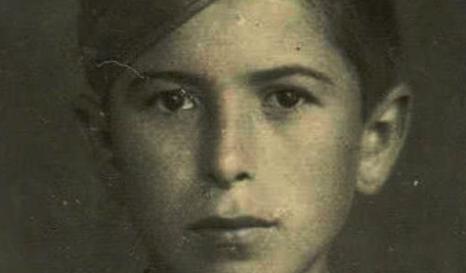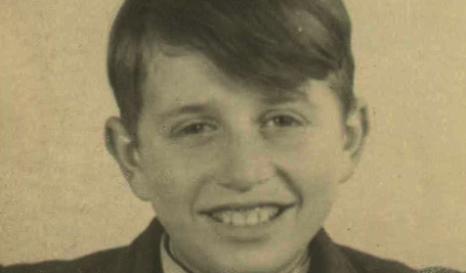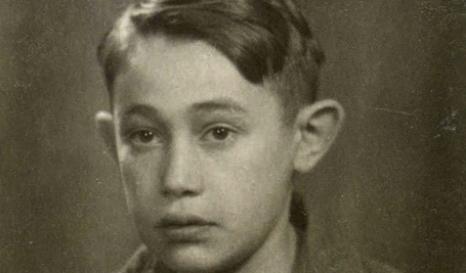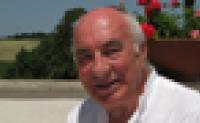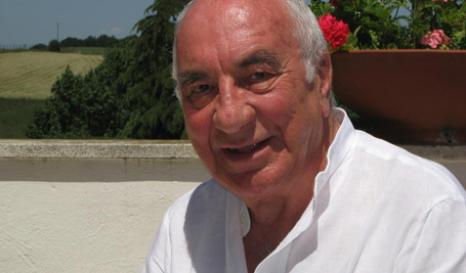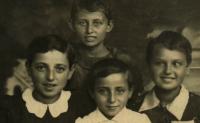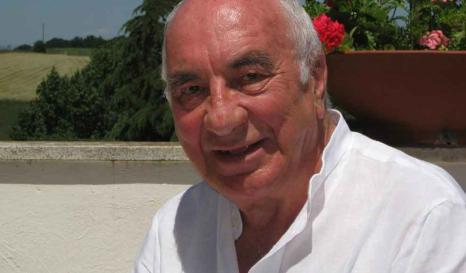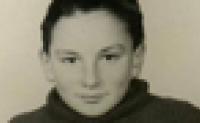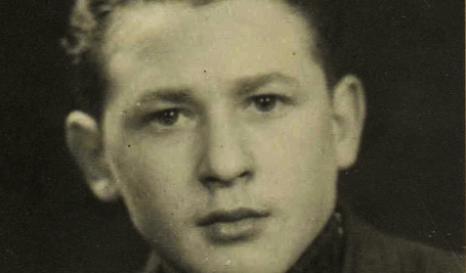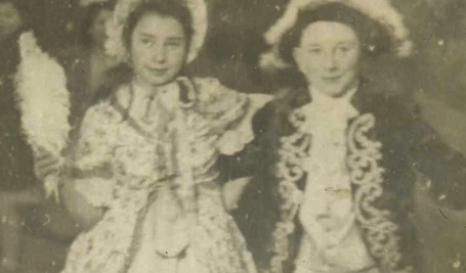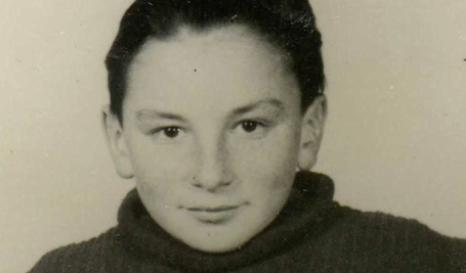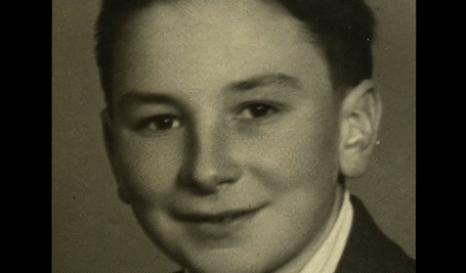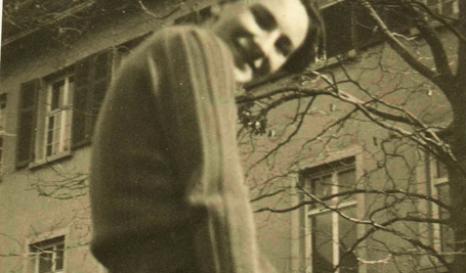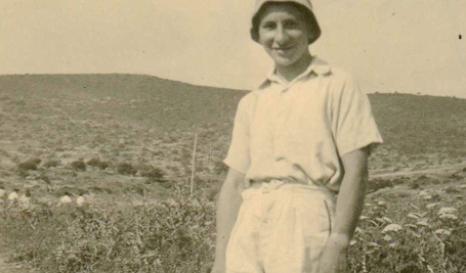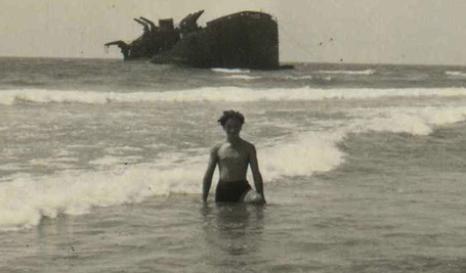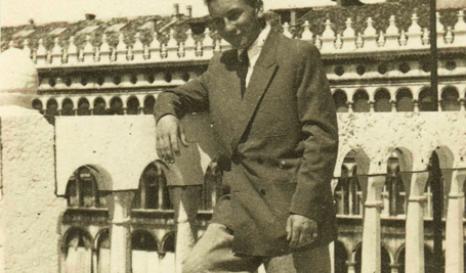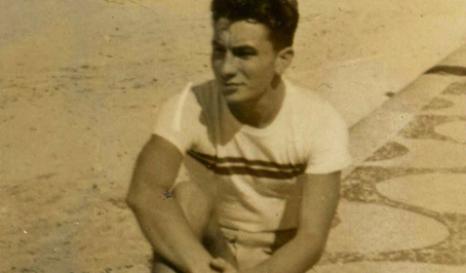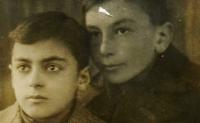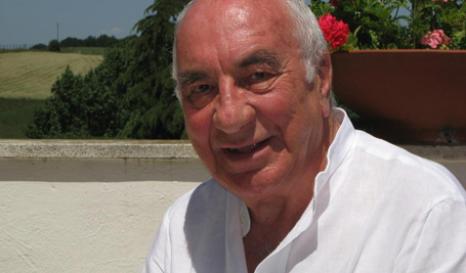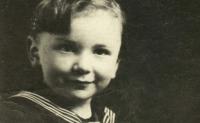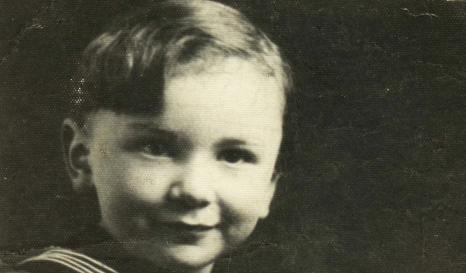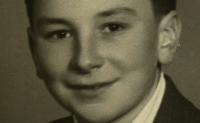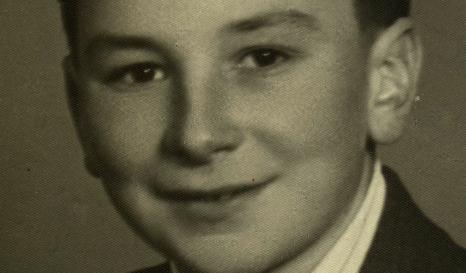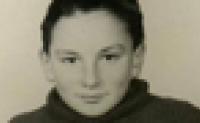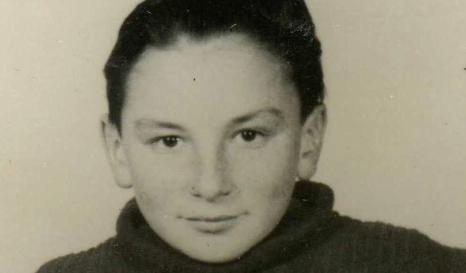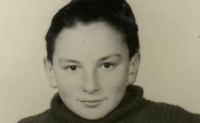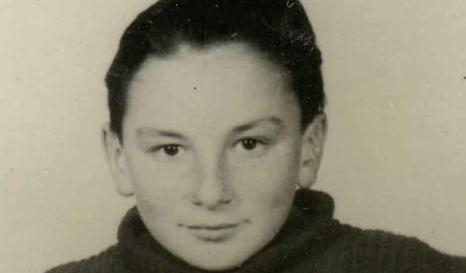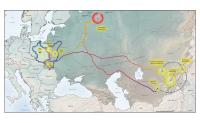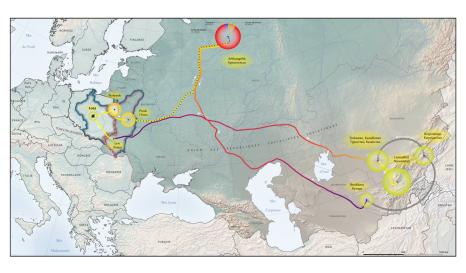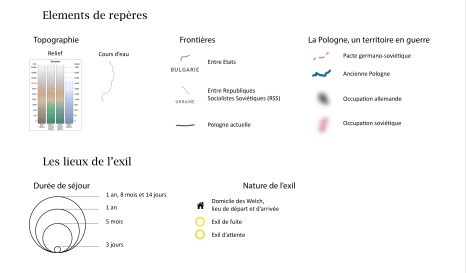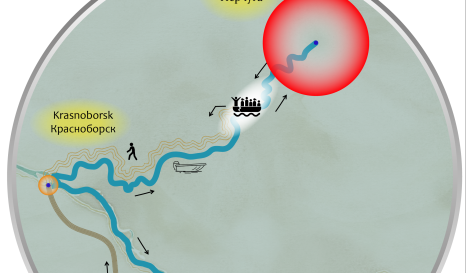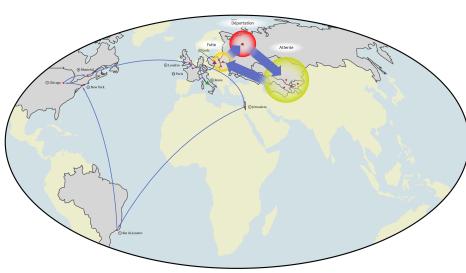BioGraphy
Henry WELCH
Henry Welch was born in November 1933, to a wealthy Jewish family in Łódź, Poland. His father was a businessman and at home they spoke Polish, but Yiddish with the grandparents.
In February 1939, Henry’s father left Poland to settle in Brazil. He intended to send for his wife and son, but the war made it impossible for them to join him.
When the Nazis entered Poland in September 1939, Henry and his mother fled to the east of the country, to Białystok and then Pinsk. By the time they got there, these territories were occupied by the Soviets and annexed to the USSR. When the Soviets began to issue passports in February 1940, Henry’s mother refused to take Soviet citizenship, hoping to return to Łódź, where she had left her family, her house and her property. In June 1940, officers of the political police, the NKVD, came for them and ordered them to pack their bags and follow.
After a long journey, they arrived at Kotlas in the Russian Far North, where they were divided into various groups and sent to different villages. Henry, his mother, aunt and uncle were detailed to do lumber work in the village of Nerchuga in the region of Arkhangelsk.
When the amnesty for “Polish citizens present on Soviet territory” was granted in August 1941, the Welches left Arkhangelsk for Kyrgyzstan, then Kazakhstan and finally Tajikistan.
There, in Leninabad, in August 1945, a letter arrived from Henry’s Aunt Sally, his mother’s younger sister. She said she was the only member of the family to have survived Auschwitz concentration camp, had returned to Łódź and hoped to hear from them. The following month, Henry’s mother decided to join her with her son.
After two months’ travelling they reached Łódź, but there was no one and nothing to be found. So they decided to leave Poland altogether and go to one of the displaced persons’ camps in Germany. Then they migrated to Israel, Brazil, Canada and the United States. Finally, Henry settled in Rome, where he patented a medical device that was sold throughout the world and enabled him to set up his own company. He likes to gather around him his family of aunts, uncles and cousins, scattered all over the world, inviting them every ten years to his birthday party on the island of Capri.
Two interviews were conducted with Henry Welch : the first in 2009 by Marta Craveri and Antonio Ferrara, the second in 2010 by Marta Craveri and Alain Blum.


